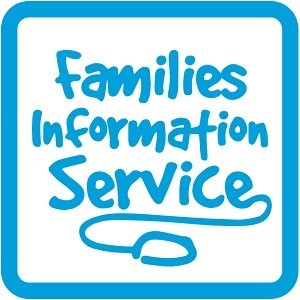Local Offer - Augmentative and Alternative Communication (AAC)
Information on Augmentative and Alternative Communication.
What is AAC?
AAC stands for Augmentative and Alternative Communication and covers everything that we use for communication instead of or to support spoken and written language. It can include gestures, signs, symbols, photos and communication aids such as paper communication books, iPads with specific apps, or eye gaze devices.
Who can use AAC?
AAC can be beneficial to all children while their speech, language and communication is developing; however, some children may need a specific AAC system to support their spoken language (for example, using symbols to support children who may be unclear when they are talking) or instead of spoken language.
What are the benefits of using AAC?
AAC can:
- Support understanding of spoken language
- Provide access to communication for children who find spoken language more difficult
- Increase socialisation opportunities for children
- Reduce frustration shown by children who are unable to communicate through spoken language
Does using AAC stop verbal language developing?
This is a common concern for parents when AAC is first explored; however, the evidence shows that, for children who are able to develop spoken language, using AAC can help this.
What should I do if I think my child would benefit from AAC?
Contact your child’s School, Nursery, or Health Visitor in the first instance. Schools and nurseries can start to explore early AAC approaches, such as using symbols to make choices or using Makaton signs.
Look on the NHS Speech and Language Therapy website for more information/to see if they would meet the criteria for a referral.
Explore more information from charities and organisations on the internet:
- Assistiveware - Support communication with Augmentative and Alternative Communication (AAC)
- RCSLT - Augmentative and-Alternative Communication
- Barnsley Hospital - Augmentative and Alternative Communication (AAC)
Back to Speech, Language and Communication
Downloads & Resources
Display your introduction over featured image?: No

 City of Doncaster Council’s
City of Doncaster Council’s